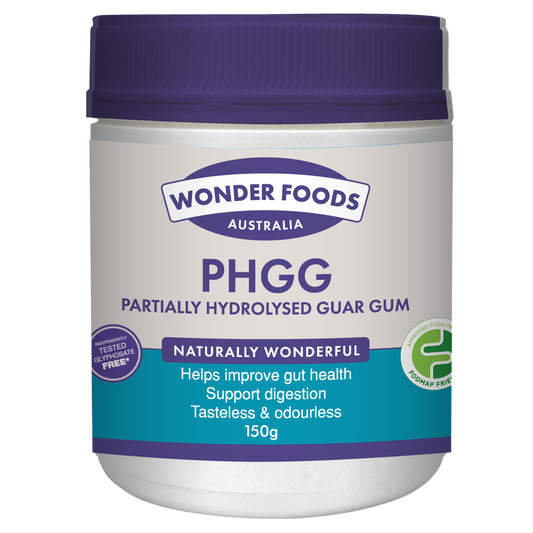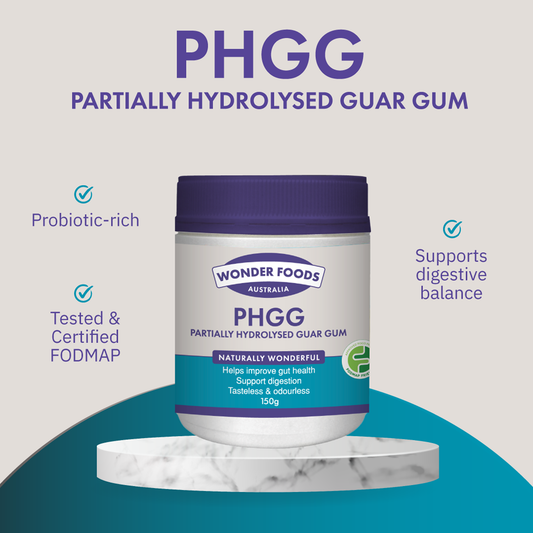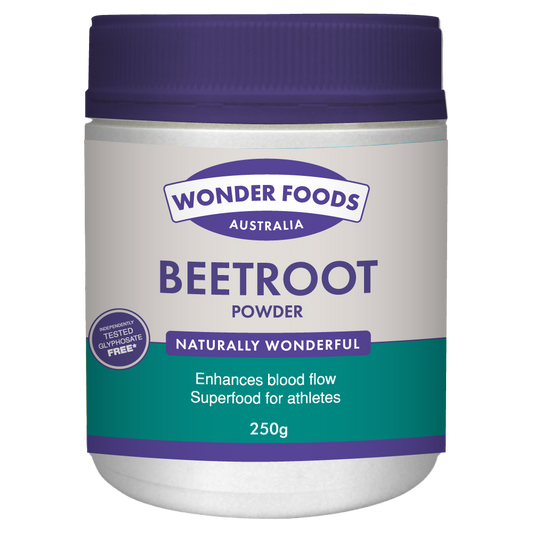
ADHD & Gut Health - Is there a Connection?
Is there a connection between Gut Health & ADHD?
And, if you improve the former can you improve the symptoms of the latter?
Let's look at the science.
Introducing the Gut-Brain Axis
The gut-brain axis is a complex communication network that connects your gut and brain, allowing them to constantly send signals back and forth.
This system involves multiple pathways, including neural, hormonal, and immune signals.
A key player in this connection is the vagus nerve, which acts as a direct line between the brainstem and the gut.
Through this nerve, the brain can influence gut function, and in return, the gut can send signals to the brain, affecting mood, cognition, and overall mental health.
Beyond just physical sensations, the gut-brain axis plays a crucial role in maintaining emotional balance and mental well-being.
Hormones and neurotransmitters produced in the gut, like serotonin and dopamine, directly impact how we feel, think, and even make decisions.
A healthy gut contributes to a healthy mind, while an imbalance in the gut, such as dysbiosis, can lead to mood disorders, stress, and other mental health issues.
The immune system is also deeply integrated into this network. The gut is home to a large part of the body's immune cells, and inflammation in the gut can send distress signals to the brain, leading to conditions like anxiety or depression.
Essentially, the gut-brain axis creates a continuous conversation that influences not only digestion but also overall mental and physical health, highlighting the importance of maintaining gut balance for emotional and cognitive well-being.
Gut Health and ADHD
The gut microbiota, the trillions of microorganisms living in our intestines, play a significant role in brain function and overall health.
When this delicate balance is disrupted—a condition known as dysbiosis—it can negatively impact the production of key neurotransmitters, such as dopamine and serotonin.
Dopamine is essential for regulating mood, attention, and behaviour, all of which are particularly relevant in ADHD (Attention-Deficit/Hyperactivity Disorder).
In individuals with ADHD, dysbiosis in the gut can exacerbate symptoms like inattention, hyperactivity, and impulsivity, making the condition harder to manage.
Dopamine is often referred to as the brain's "feel-good" chemical, but it does much more than just boost mood.
It plays a critical role in motivation, reward, and focus, areas where people with ADHD typically struggle.
When gut bacteria are imbalanced, the body's ability to produce and regulate dopamine is hindered, which can worsen the core symptoms of ADHD.
Furthermore, gut bacteria influence the production of short-chain fatty acids (SCFAs), which are crucial for brain health and function.
A healthy gut microbiome supports optimal SCFA production, but dysbiosis can reduce SCFA levels, further impairing brain function.
Research increasingly shows that gut health is not just about digestion but also deeply linked to mental health, especially in conditions like ADHD.
Addressing gut imbalances through prebiotics, probiotics, and other interventions may offer a complementary approach to managing ADHD, potentially improving neurotransmitter production and alleviating symptoms.
By nurturing a healthy gut microbiome, individuals with ADHD might experience better focus, reduced hyperactivity, and improved overall well-being.
Gut Health, ADHD, Inflammation & Immune Response
Inflammation in the gut, often caused by an imbalance in gut bacteria or dysbiosis, can trigger a cascade of issues that reach far beyond digestion.
One of the most concerning outcomes of chronic gut inflammation is neuro-inflammation, or inflammation in the brain.
In individuals with ADHD, this brain inflammation can worsen symptoms such as inattention, hyperactivity, and impulsivity.
Dysbiosis can lead to the release of pro-inflammatory cytokines, chemicals that signal the immune system to respond.
When these cytokines cross the blood-brain barrier, they can cause inflammation in brain tissue, disrupting normal brain function and intensifying ADHD symptoms.
Another complication that arises from gut inflammation is Leaky Gut Syndrome. When the lining of the intestines becomes inflamed, it can weaken and allow larger particles—like toxins, bacteria, and undigested food—into the bloodstream.
This triggers an overactive immune response, where the body treats these particles as harmful invaders.
For individuals with ADHD, this heightened immune activity can create a feedback loop of gut and brain inflammation, further intensifying symptoms.
Over time, this ongoing inflammation and immune system over-activation can make ADHD harder to manage, as both the gut and brain are constantly under stress.
Addressing gut inflammation and healing the gut lining can help break this cycle.
Strategies like dietary changes by improving fibre intake, reducing processed foods, and incorporating anti-inflammatory nutrients may help manage both gut and brain inflammation.
By calming the immune response and reducing gut-related triggers, individuals with ADHD may experience a reduction in symptom severity, leading to better focus and emotional regulation.
Gut Health, ADHD & Diet
Dietary interventions can play a crucial role in managing ADHD symptoms by supporting both gut and brain health.
One of the most effective strategies is incorporating probiotics and prebiotics into the diet.
Probiotics are live beneficial bacteria that help restore balance in the gut microbiome, while prebiotics are fibers that feed these good bacteria.
Together, they promote a healthy gut environment, which can improve the production of neurotransmitters like dopamine, essential for regulating attention and behaviour in individuals with ADHD.
Check out Wonder Foods Gut Health Plus, which naturally combines a Prebiotic and Probiotic.
Another important dietary intervention is increasing the intake of choline, which is known to support brain development & function.
Choline is found in eggs and Sunflower Lecithin.
There is also growing evidence that supplementing with creatine (a natural occurring compound) may improve the cognitive function of those with ADHD.
For some individuals, elimination diets can be helpful in identifying foods that may trigger or worsen ADHD symptoms.
These diets involve removing potential allergens or irritants, such as artificial colours, preservatives, or specific food groups, and gradually reintroducing them to see if any cause negative reactions.
Working with a trained health professional, like a Naturopath, who specialises in ADHD is essential for this process to ensure balanced nutrition.
Finally, a balanced diet rich in whole foods like fruits, vegetables, animal proteins and animal fats provides the essential nutrients the body needs to maintain both gut health and optimal brain function.
Reducing processed foods and focusing on natural, nutrient-dense choices can have a significant positive impact on managing ADHD symptoms.
Disclaimer:
The information provided in this blog post is for educational and informational purposes only and should not be considered as medical advice. Always consult with a healthcare professional or your physician before making any dietary or lifestyle changes, especially if you or your child have been diagnosed with ADHD or any other health condition.
The effectiveness of dietary interventions can vary from person to person, and individual responses to supplements like probiotics, choline, or elimination diets may differ. The information presented here is not intended to diagnose, treat, cure, or prevent any disease.











